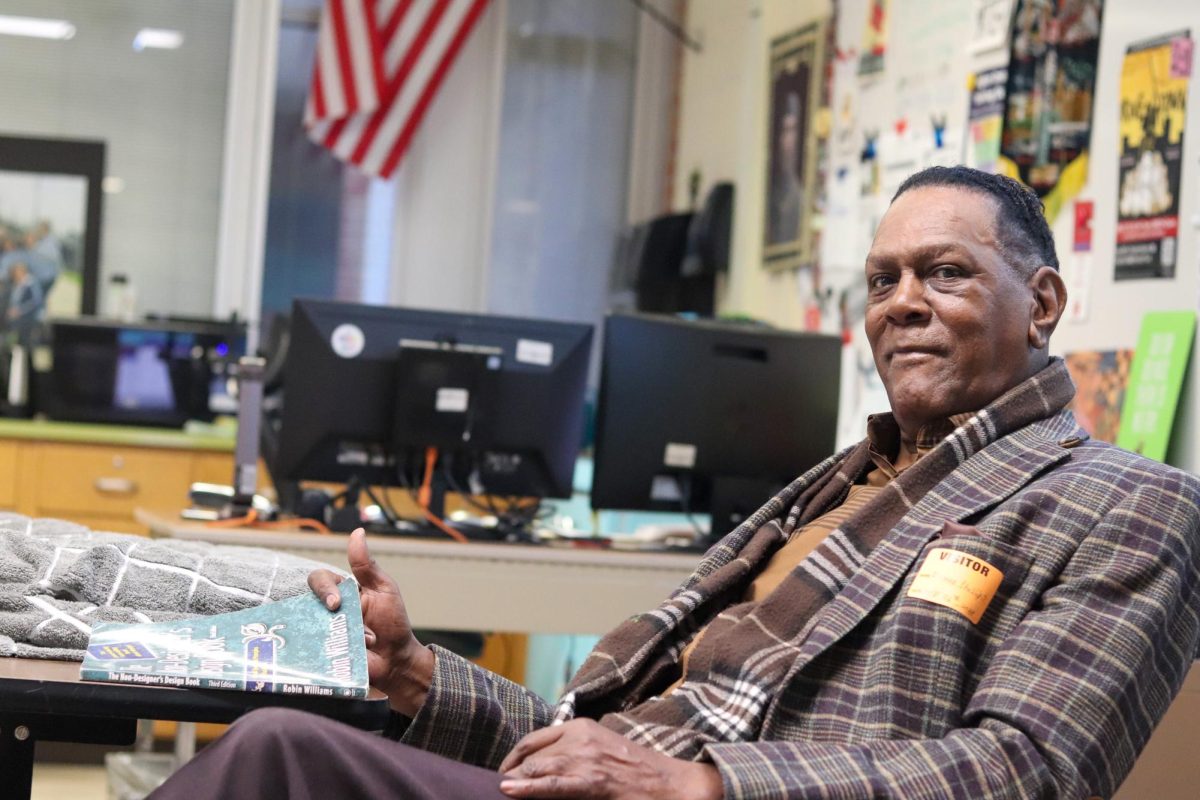Social media and cell phones have become damaging to teens’ lives
April 16, 2020
The clock strikes 6 a.m. and your iPhone, probably laying in bed with you, blares the alarm tone you have set, signaling it’s time for school. Before you even sit up though, you grab your phone and start your Snapchatting for the day.
According to the CyberBully Research Center, over 80% of teens use cell phones and social media on a regular basis. Every day, hours and hours are spent scrolling through Instagram, taking selfies on Snapchat or writing what we think are poetic words all over twitter.
Social media has grown to be a major factor in nearly every teen’s life, with an estimated 2.65 billion regular users, with a projected number of 3.1 billion in 2021 according to a graph titled “Number of global social media users 2010-2021.”
“Social media makes people feel worse about themselves,” said sophomore Gabe Flores, “because it can glorify everything that someone has or does.”
The beauty standard has changed immensely and now society has a very one-dimensional opinion on beauty. You are expected to not be too tall, but also not be short, with a slim waist, long hair and a perfect smile. Teens active on these apps are going out of their way to fit these standards and be just like everyone else now.
When constantly looking at all of these pictures of the perfect version of someone out on Insta or Snapchat, people often forget to think about the things that are going on in the background as well. Nobody is going to willingly advertise the sad, broken aspects of their life, but any teen will neglect to think about that. Instead, this influences a person seeing that to develop multiple different personas on social media, leading to mental health issues and deep-seated psychological hurt.
According to an article from Psychology Today, Imposter Syndrome is “a pattern of behavior where people doubt their accomplishments and have a persistent, often internalized fear of being exposed as a fraud,” which can be related to a feeling that is experienced from frequent social media users.
Stress can come with trying to find the right outfit or setting to take these pictures that will inevitably be photoshopped or edited before being posted to these platforms for the criticism of peers and adults. By spending hours trying to make your social media represent this gorgeous, ecstatic person, you are creating extra identities and practicing being someone you aren’t.
In 2012, when the number of people that owned phones finally rose above 50% there was a clear rise in depression among young adults and teens.
In addition to the detrimental effects on self-esteem, by spending so much time communicating virtually, people are missing out on real-life interactions and not learning the skills that can only be obtained through real-world experiences outside of technological communication.
“Social media is killing our generation,” said senior Zeke Link, who believes people are missing out on good experiences because of their dependence on technology.
When growing up only talking online, people don’t learn direct communication and therefore fail to do this in real-time. For example, if asked to call people on the phone or set up a job interview, most teens would label this as a frightening situation. Conversation on social media hinders teens from understanding direct communication with adults or potential employers, which is a skill they will need in life.
“Everyone has gotten so accustomed to texting that they don’t have many social skills because they don’t need to anymore,” said Flores.
There has been a major shortage in the number of social interactions children have. Nobody goes out with their friends anymore or sits down to have a face to face conversation because there’s no need to when people are at your fingertips night and day. Without real interactions, people lack the skill of being able to read body language and tone of voice, which can carry over into relationship issues — platonic or romantic.
Unfortunately, a skill that has been learned is to be cruel. Hiding behind a screen, maybe anonymously, has given people the ability to cyberbully without seeing the effects it is having on a person and perhaps without repercussions. Teens have become mean to people who don’t fit the typical social media standard and are a lot more willing to say something they wouldn’t normally say. The screen is now being used as a barrier.
Technology was invented to bring everybody together and allow communication throughout the world, but it has become easy to get lost in all of the chaos that comes with it. Parents probably sound like a broken record talking about how much better off we would be without our phones, but maybe they are right.
Maybe, if teens looked up from their screens we would see the world for what it actually is. Life is passing by because we are too busy staring at all of the things constantly being updated on social media, when we should really be looking at what we have right in front of us.












